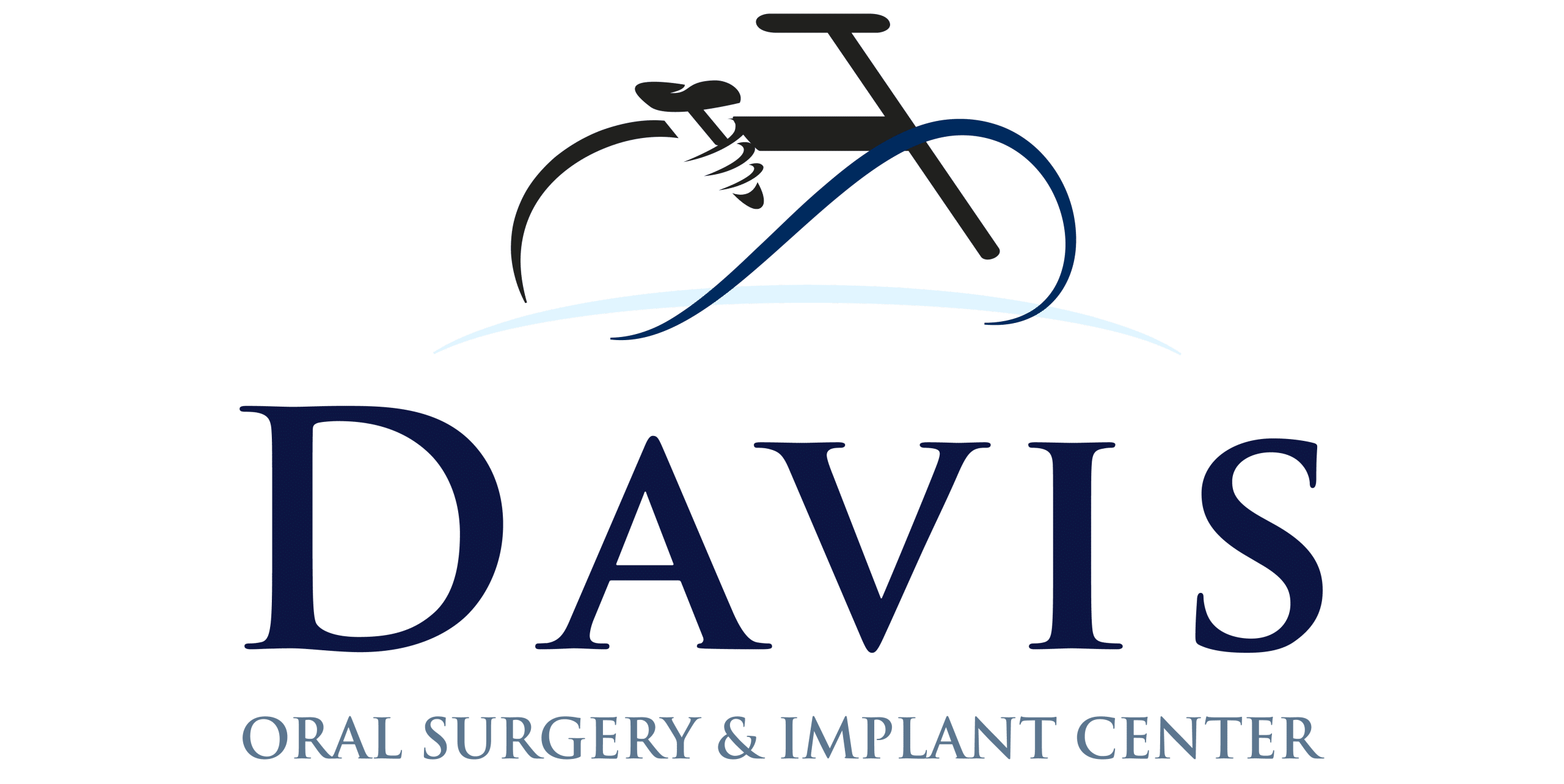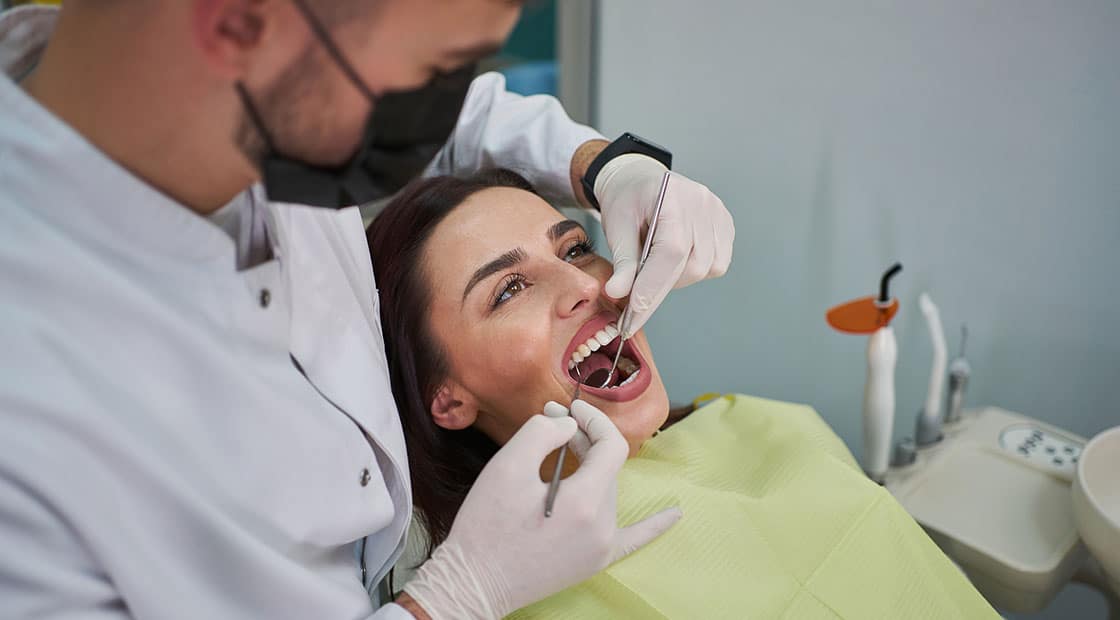Oral cancer, like all types of cancer, is most treatable when detected at early stages. Patients who detect any of these symptoms should see a dentist or an oral surgeon as soon as possible for an evaluation:
- Reddish or whitish patches in the mouth
- Lumps or thickened tissue on the skin inside the mouth
- Chronic hoarseness and sore throat
- Difficulty chewing and swallowing
- Sores in the mouth that do not heal and bleed easily
Other non-cancerous conditions can cause sores and lesions inside the mouth. These conditions include non-cancerous (benign) tumors, oral herpes, thrush, cold sores, HPV infection, and warts.
Benefits of Oral Pathology
- Diagnoses and Treats Diseases of the Mouth – The mouth is an important indicator of a patient’s overall health. An oral surgeon receives extensive training in diagnosing diseases of the gums, jaw, bones, tongue, and other oral structures.
- Early Detection and Removal—Dentists and oral surgeons can detect signs of oral cancer and other abnormalities at the earliest stages, when treatment is most effective.
Procedures Offered
- Biopsies –The oral surgeon takes a small tissue sample from the problem area and refers it to a pathology lab for further study. A biopsy is a quick procedure that leads to a diagnosis.
- Removal of Benign Tumors and Lesions—If the oral surgeon determines that the lesion is benign (non-cancerous), he can safely remove it in the office under local anesthesia.
Why Choose Davis Oral Surgery and Implant Center?
We provide expert care using high-tech equipment and advanced techniques. Our valued patients can feel at ease in our comfortable, friendly office environment. We believe in treating every patient like a family member.
Frequently Asked Questions About Oral Pathology
Who is at a higher risk of developing oral cancer?
Where does oral cancer appear?
Oral cancer often appears on the floor of the mouth or the tongue. It can also be found on the upper or lower jaw, gums, lips, and cheek lining.
Why would the oral surgeon do a biopsy?
If a family dentist spots a potential area of concern during a routine exam, they will refer the patient to an oral surgeon for a biopsy. The patient may also show other symptoms like chronic hoarseness or sore throat.
How is a biopsy done?
A biopsy is a minor operation in which the oral surgeon takes a tiny tissue sample to identify the types of cells present, leading to a definitive diagnosis. The oral surgeon chooses a method based on the size of the lesion and its location.
What are the different types of oral biopsy?
An incisional biopsy is most often performed on larger lesions. The oral surgeon takes tissue from the problem area and a bit of the healthy region around it, allowing the lab to compare the healthy tissue with the pathologic tissue. On the other hand, smaller lesions are usually removed in their entirety and sent to the lab as a whole. This type of biopsy is known as an excisional biopsy.
How long does a biopsy take?
A biopsy can take as little as 15 minutes. The oral surgeon will inject a local anesthetic, perform the biopsy, and use dissolvable stitches to close the small opening.
Call Davis Oral Surgery & Implant Center
If a family dentist has expressed concerns about a possible lesion in your mouth, it is best to call an oral surgeon as soon as possible for an evaluation and biopsy. We can help protect our patients’ oral and overall health. Please call our office at 530-297-7000 for a prompt appointment.

